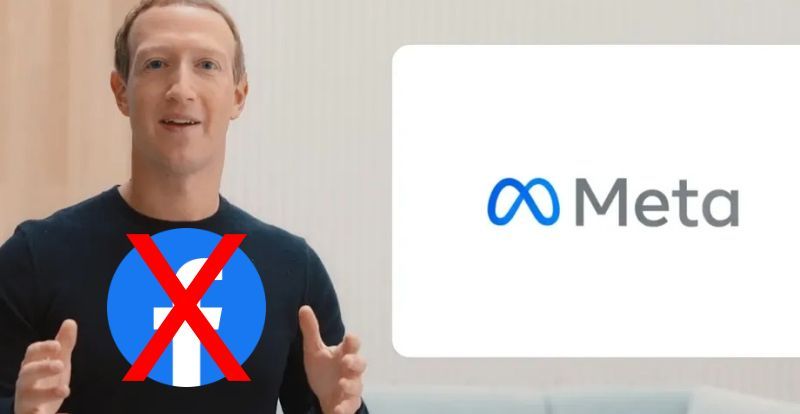Mark Zuckerberg, CEO of Facebook’s parent company Meta, announced Wednesday that the company’s payment service Facebook Pay has officially been renamed Meta Pay, and also outlined the company’s plans to build a Metaverse wallet and business in the future.
While Meta Pay is essentially the same service as its predecessor, just with a new name, the main focus of Zuckerberg’s announcement was on the “meta-universe wallet” the company hopes to build in the future. Zuckerberg said Meta is developing something that will allow users to manage their identity, property, and means of payment in the digital world of the future.
In announcing the name change of Meta Pay in May of this year, Meta also mentioned that it is “looking at what a single wallet could look like for users” in terms of payment services, identity storage, and digital goods. However, Zuckerberg mostly explained how the company’s future Meta Universe wallet would certify digital property to users, mentioning that it could be used to create and purchase “digital clothing, artwork, video services, music, online experiences, virtual events, and more.”
Today, I want to introduce Meta Pay and the Meta Universe digital wallet,” Zuckerberg said. You can use Meta Pay across Facebook, Instagram, WhatsApp, Messenger, and any other platform that supports Facebook Pay, and the way users shop, transfer money and donate will remain the same. But in addition to the existing features, we’re also working on some new ones: a wallet for the meta-universe that lets you securely manage your identity, the virtual items you own, and how you pay for them. In the future, you may want to create or buy all kinds of digital items, such as digital clothing, artwork, video services, music, online experiences, virtual events, and more. Proof of ownership is important if you want to take these digital items to different services.
“Ideally, you should be able to log into any metaverse and everything you’ve purchased digitally should be preserved. There’s a long way to go before that happens, but interoperability will provide a better experience for users and more options for creators. That is, the more ways users have to use digital products, the more they will value them, which will create a bigger market for creators. The easier the transaction, the more opportunities creators get. We are trying to build such a meta-universe.”
The concept of a wallet that proves users own digital items sounds a lot like a crypto wallet that contains non-homogenized tokens. While Zuckerberg didn’t mention blockchain at all, Meta has recently been working on integrating non-homogenized tokens into Instagram and Facebook, but the company hasn’t made it clear if it plans to use crypto to build a meta-universe or if it’s just taking inspiration from it. The latter might be the best option, considering Meta’s earlier approach. The company tried to develop a cryptocurrency, but that didn’t work out well. Meta is reportedly currently working on a digital currency that is not based on the blockchain.
Zuckerberg also said Meta plans to make users’ digital wallets interoperable so they can “bring goods into any Meta universe. While Zuckerberg admitted he wasn’t sure what interoperability between companies would look like, Meta recently helped establish a standards group with the goal of bringing consistency to all companies as they develop language and technology related to the metaverse.
Looking at the ability to interact based on standard protocols, it could be some time before the Metaverse wallet Zuckerberg described becomes a reality. However, that hasn’t stopped Meta from selling digital products in the meantime. It has already developed a digital store where users can buy clothes for their digital avatars.
Big business with billions of people
In an interview Wednesday following the announcement of Meta Pay’s name change, Zuckerberg argued that the Meta universe will become an important part of the company’s business over the next decade. He estimated that a billion people would use Meta Universe, each of whom could spend hundreds of dollars.
